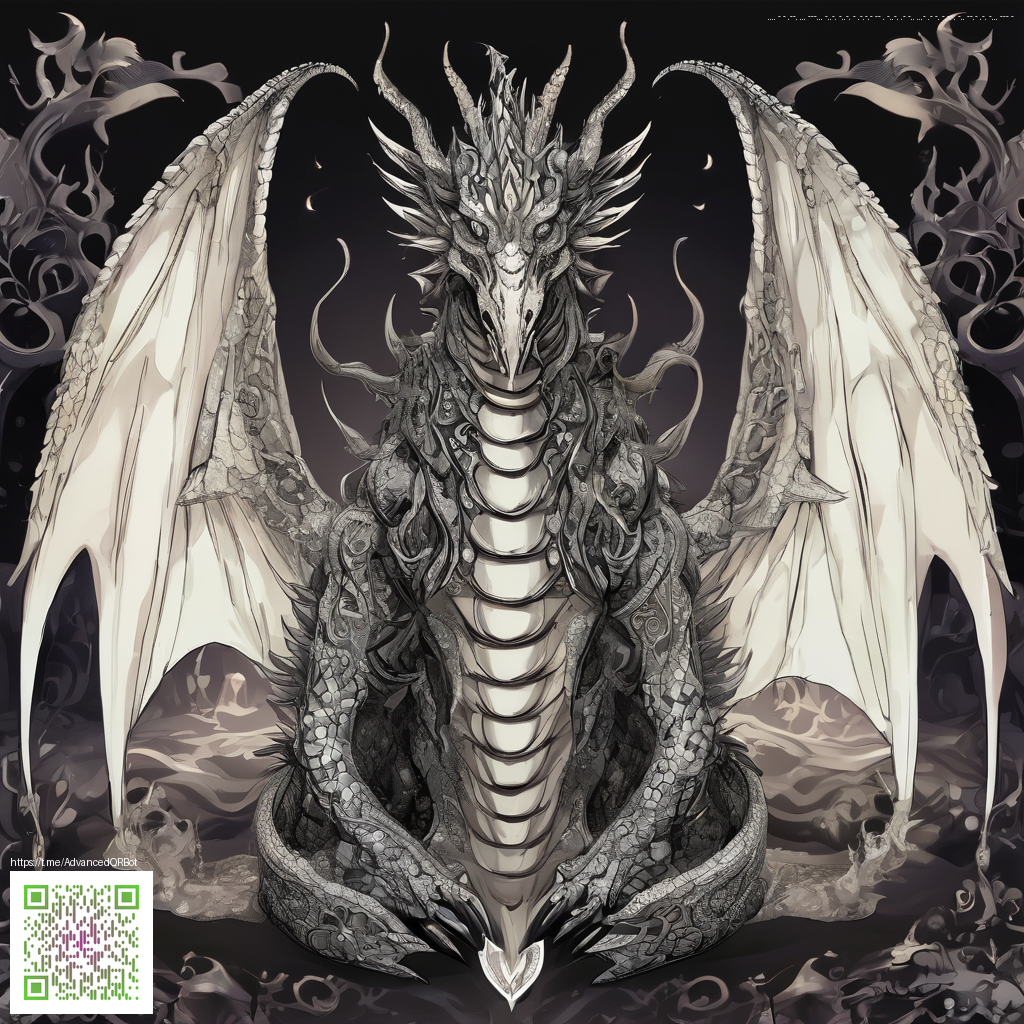
Voices in the Static at Midnight
When the clock slid past twelve, the old radio on the mantel woke with a deliberate hiss, as if it had been dreaming in decades of silence. The static stretched thin, then coalesced into a chorus of whispers that weren’t quite sounds and weren’t quite memory. Each breath of the dial seemed to pull the house closer, until the walls themselves hummed with a soft, listening resonance.
The first voice was ordinary enough, a gravelly man asking for a missing neighbor, a name that felt comfortably familiar and terrifyingly irrelevant all at once. But as the night learned to listen back, the voices grew peculiar—like distant relatives who remember things you never told anyone. They spoke in syllables that rearranged themselves into phrases designed to pry open doors you hadn’t realized you’d closed years ago.
“We are listening,” a voice rasped, not unkind, as if sharing a secret with a trusted friend. “Turn the dial one more step, and you will hear what you forgot to forget.”
The listener—a person who never expected to entertain company from a box of circuits—found their reflections answering before they could think of the question. The radio didn’t just relay voices; it translated memories into sound. A childhood street, a forgotten promise, a streetlamp that burned in a way that felt almost holy. The more the listener listened, the more the room grew crowded with echoes that wore human faces and voices that wore human apologies.
Somewhere between the neon shrieks of advertisements and the rustle of the winter wind, the voices began to offer “proof.” Not of sins or sins avoided, but of thresholds. They hinted at doors in the ceiling, in the closet, in the floorboards where the house kept its old tenants—a chorus of sighs that matched the rhythm of the listener’s own heartbeat. The radio’s glow intensified, not bright, but precise, as if the device themselves had learned to point toward the exact corner of a room where fear prefers to hide.
- A name you knew once and forgot to remember again.
- A date that didn’t exist on any calendar you own.
- A place you visited only in a dream that refused to end at dawn.
- A consequence that arrives with the softest of steps and never leaves.
By the time a second hour had crept through the window, the voices ceased to sound like invaders and began to resemble witnesses telling you what you already knew but didn’t want to admit. The room grew dense with a memory you could smell—oil and rain and the faint copper tang of a long-forgotten memory pulled forward to be examined under the naked light of midnight. When the final hiss faded, the listener found their own name spoken softly, as if the radio had learned it long ago and finally dared to say it aloud.
Then the quiet returned, heavier than it started, and the radio remained, a faithful cousin to the night, waiting to be switched on again whenever someone needed to hear what the dark has already decided to disclose.